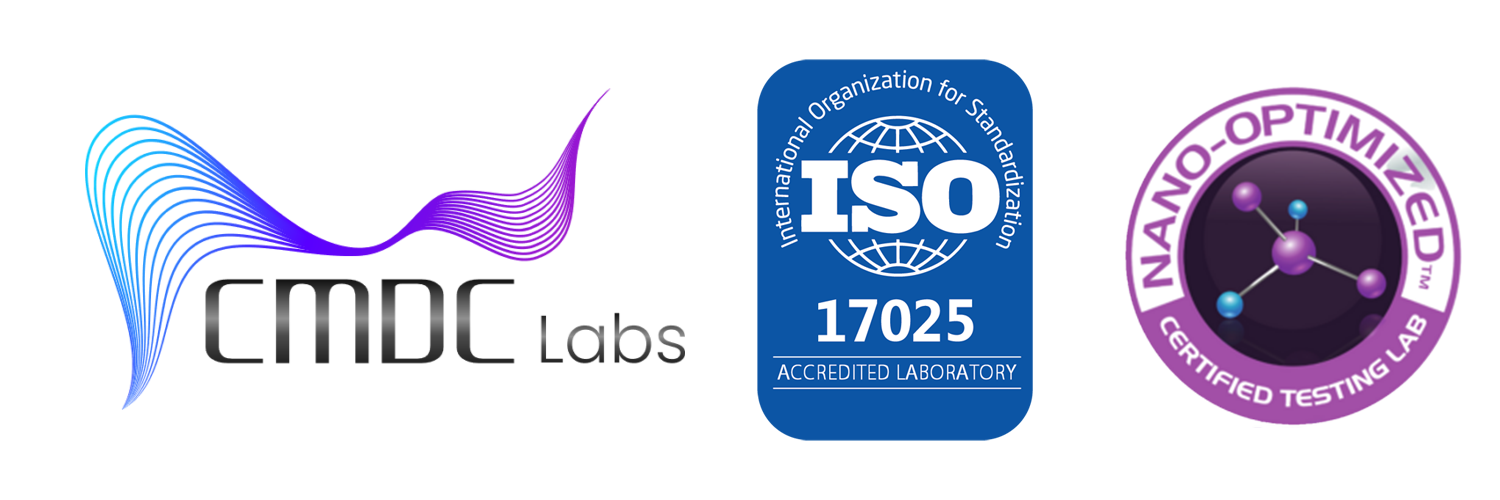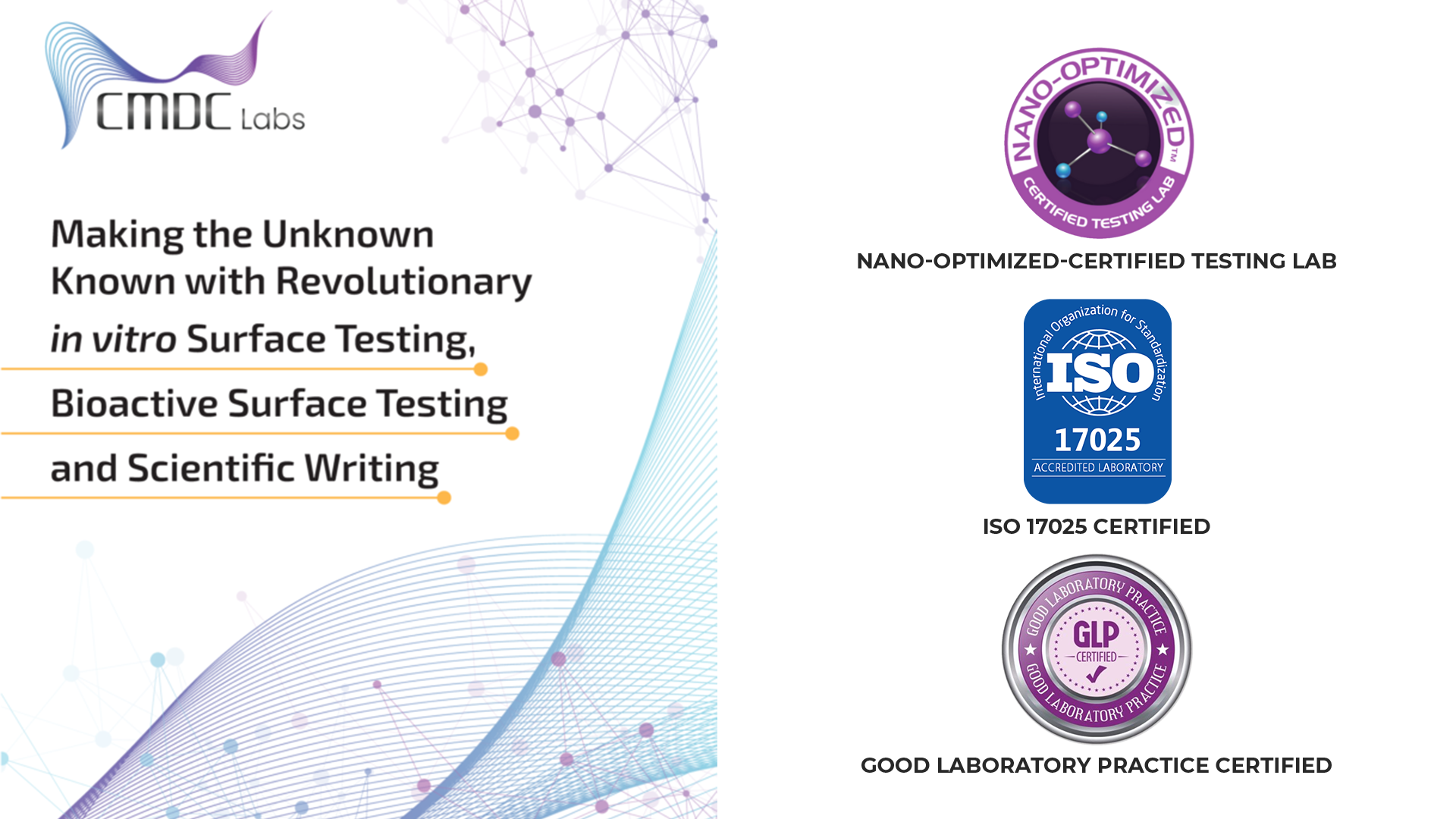The Food and Drug Administration (FDA) plays a critical role in protecting public health by ensuring that food, drugs, medical devices, and cosmetics are safe, effective, and accurately labeled. As the healthcare and food industries evolve, so too do the regulations that govern them. With advancements in biotechnology, digital health, and sustainability taking center stage, the FDA is poised to face significant challenges in the coming years. In 2025, new regulations will likely affect how companies approach product development, testing, marketing, and distribution.
For businesses in sectors regulated by the FDA, staying ahead of these changes is crucial. Companies must anticipate regulatory shifts to ensure compliance, avoid penalties, and maintain consumer trust. This article will explore the future landscape of FDA regulations, highlighting key changes expected in 2025 and offering guidance on how companies can prepare for them.
1. The Role of the FDA: A Snapshot of Regulatory Oversight
The FDA is tasked with ensuring that products such as food, pharmaceuticals, medical devices, and cosmetics meet safety and efficacy standards before they reach consumers. It achieves this through rigorous testing, approval processes, and ongoing monitoring. The agency’s regulatory responsibilities include:
- Food safety: Ensuring food products are safe, accurately labeled, and free from contaminants.
- Pharmaceuticals: Overseeing the approval, testing, and labeling of prescription and over-the-counter medications.
- Medical devices: Regulating medical products ranging from simple bandages to complex devices like pacemakers and surgical instruments.
- Cosmetics: Ensuring that beauty and skincare products are safe for consumer use.
The FDA’s New Drug Application (NDA) and 510(k) approval process for medical devices are just two examples of its authority to regulate the market. However, as technology, research, and consumer demand evolve, the agency must adapt its processes and frameworks. Understanding what lies ahead in the next few years is key for industries that rely on the FDA for product approvals and regulations.
2. Key Regulatory Trends Shaping the Future: What to Expect in 2025
Several trends are likely to define the FDA’s regulatory agenda as we approach 2025. These trends are driven by innovation, shifts in consumer expectations, and an increased focus on sustainability, digital health, and personalized medicine.
A. Expansion of Personalized Medicine and Precision Healthcare
One of the most significant developments in the healthcare sector is the rise of personalized medicine. Advances in genomics, molecular biology, and biotechnology are enabling the development of drugs and treatments tailored to individual patients based on their genetic makeup. This shift towards precision medicine will require the FDA to modify its regulatory approach to accommodate the unique challenges posed by personalized therapies.
- What Companies Need to Do: Companies in the biotech and pharmaceutical industries should prepare for more stringent clinical trial requirements. These trials will focus not only on the efficacy of treatments for the general population but also on their effectiveness in specific genetic subgroups. Companies may need to implement real-world data (RWD) and real-world evidence (RWE) in their studies to meet regulatory standards for personalized therapies.
B. Increased Focus on Digital Health and Artificial Intelligence (AI)
As the use of digital health tools and artificial intelligence (AI) grows, the FDA is expected to enhance its oversight of these technologies. AI-powered medical devices, mobile health apps, wearables, and telemedicine platforms are becoming integral parts of healthcare systems. However, they present unique regulatory challenges related to data privacy, security, accuracy, and effectiveness.
- What Companies Need to Do: Companies developing digital health products will need to ensure that they comply with the FDA’s Software as a Medical Device (SaMD) guidelines and 21st Century Cures Act regulations. The FDA will likely continue to refine its approach to AI and machine learning (ML) models used in medical devices, requiring companies to demonstrate the transparency and explainability of their algorithms. Furthermore, compliance with the Health Insurance Portability and Accountability Act (HIPAA) will be essential for protecting patient data.
C. Environmental and Sustainability Considerations in FDA Regulations
With the growing urgency around climate change and environmental sustainability, the FDA is expected to adopt more stringent guidelines surrounding the environmental impact of regulated products. Companies in sectors like pharmaceuticals, food production, and cosmetics will face increasing pressure to meet sustainability goals and reduce their environmental footprints.
- What Companies Need to Do: Companies will need to consider adopting sustainable packaging, minimizing waste in production, and reducing the carbon footprint of their operations. The FDA may introduce new policies that require sustainability claims to be verified, similar to the regulations seen in the European Union and other regions. Preparing for these regulations will require investing in greener technologies and demonstrating compliance with environmental standards.
D. Strengthening Post-Market Surveillance and Product Traceability
As the FDA continues to ensure the safety and effectiveness of products on the market, post-market surveillance and traceability will become increasingly important. The FDA’s Food Safety Modernization Act (FSMA) and the Medical Device Reporting (MDR) system are examples of how the FDA has enhanced its monitoring of products once they are available to consumers. Moving forward, the FDA is likely to demand more robust systems for tracking products and monitoring their performance.
- What Companies Need to Do: Companies will need to invest in better tracking systems and ensure that they can quickly identify and address product issues in the field. This will involve setting up systems for collecting post-market data, managing recalls, and maintaining complete and accurate records. Businesses must also prepare for stricter requirements for adverse event reporting in clinical trials and post-market studies.
3. New FDA Regulations Companies Should Prepare for in 2025
As 2025 approaches, certain regulatory changes and initiatives are expected to take effect, directly impacting businesses in the FDA-regulated sectors. The following are some key regulatory shifts companies should anticipate and prepare for:
A. Enhanced Transparency in Clinical Trials
The FDA is likely to demand greater transparency in clinical trial data, particularly regarding minority representation and data sharing. As public trust in the pharmaceutical and healthcare industries continues to decline, the FDA is prioritizing policies that foster transparency and inclusivity in clinical research.
- What Companies Need to Do: Companies must ensure that their clinical trials are designed to include diverse patient populations and that they adhere to new standards for data sharing. They will also need to be prepared for greater scrutiny of trial results and how they are communicated to the public.
B. Expanding FDA Oversight of Dietary Supplements
The dietary supplement industry is set to face heightened regulatory scrutiny. The FDA is likely to introduce stricter regulations regarding the safety, labeling, and marketing of dietary supplements. This includes a push for more comprehensive product testing and verification of health claims.
- What Companies Need to Do: Companies in the dietary supplement industry should be proactive in ensuring that their products meet Good Manufacturing Practices (GMP) and other safety standards. They must prepare for more rigorous testing protocols and be ready for an increased focus on labeling transparency.
C. FDA’s Focus on Gene Therapy and Biologics
Gene therapies and biologics are set to undergo more stringent regulatory oversight in the coming years. The FDA has already streamlined some approval processes for gene therapies, but as these treatments become more common, the regulatory framework will need to evolve.
- What Companies Need to Do: Biotech companies and those developing gene therapies should be prepared for increased scrutiny of clinical trials, long-term safety monitoring, and post-market performance. Companies must invest in tracking and reporting systems for biologics, as the FDA will likely require more robust data on adverse effects and long-term efficacy.
4. Strategies for Staying Ahead of FDA Regulatory Changes in 2025
To ensure compliance with evolving FDA regulations, businesses must adopt proactive strategies. Here are several key strategies companies can use to stay ahead of regulatory changes in 2025:
A. Building a Compliance Culture
Creating a compliance-focused culture within the organization is crucial for staying ahead of regulatory changes. Companies should foster a culture of transparency, accountability, and continuous education to ensure that all employees, from the C-suite to the operational staff, understand the importance of regulatory compliance.
- Actionable Steps:
- Regular training on FDA regulations and compliance requirements.
- Designating a compliance officer to oversee regulatory adherence.
- Investing in audit and compliance management systems.
B. Engaging with the FDA Early
Engaging with the FDA early in the product development and approval process can help companies navigate complex regulatory landscapes. Pre-submission meetings with the FDA can provide valuable insights and clarify expectations.
- Actionable Steps:
- Schedule meetings with FDA representatives during the early stages of development.
- Utilize FDA resources and guidance documents to streamline the approval process.
C. Leveraging Technology and Data Analytics
Technology and data analytics will play a pivotal role in helping companies stay compliant with FDA regulations. Tools for tracking regulatory changes, managing clinical trial data, and ensuring data integrity will be crucial in 2025.
- Actionable Steps:
- Implement data management platforms for clinical trial monitoring and post-market surveillance.
- Utilize automated systems for monitoring and reporting adverse events and safety issues.
5. Conclusion
As the healthcare, pharmaceutical, and food industries continue to evolve, so too must the regulations that govern them. The FDA will play a critical role in ensuring that products remain safe, effective, and ethically marketed in the face of these changes. Companies that remain agile, proactive, and committed to compliance will be best positioned to succeed in 2025 and beyond.
By understanding the upcoming regulatory shifts and preparing for them, businesses can not only stay compliant but also capitalize on opportunities in areas like personalized medicine, digital health, and sustainability. With the right strategies in place, companies can build trust with consumers, avoid penalties, and remain at the forefront of innovation in the regulatory landscape.

